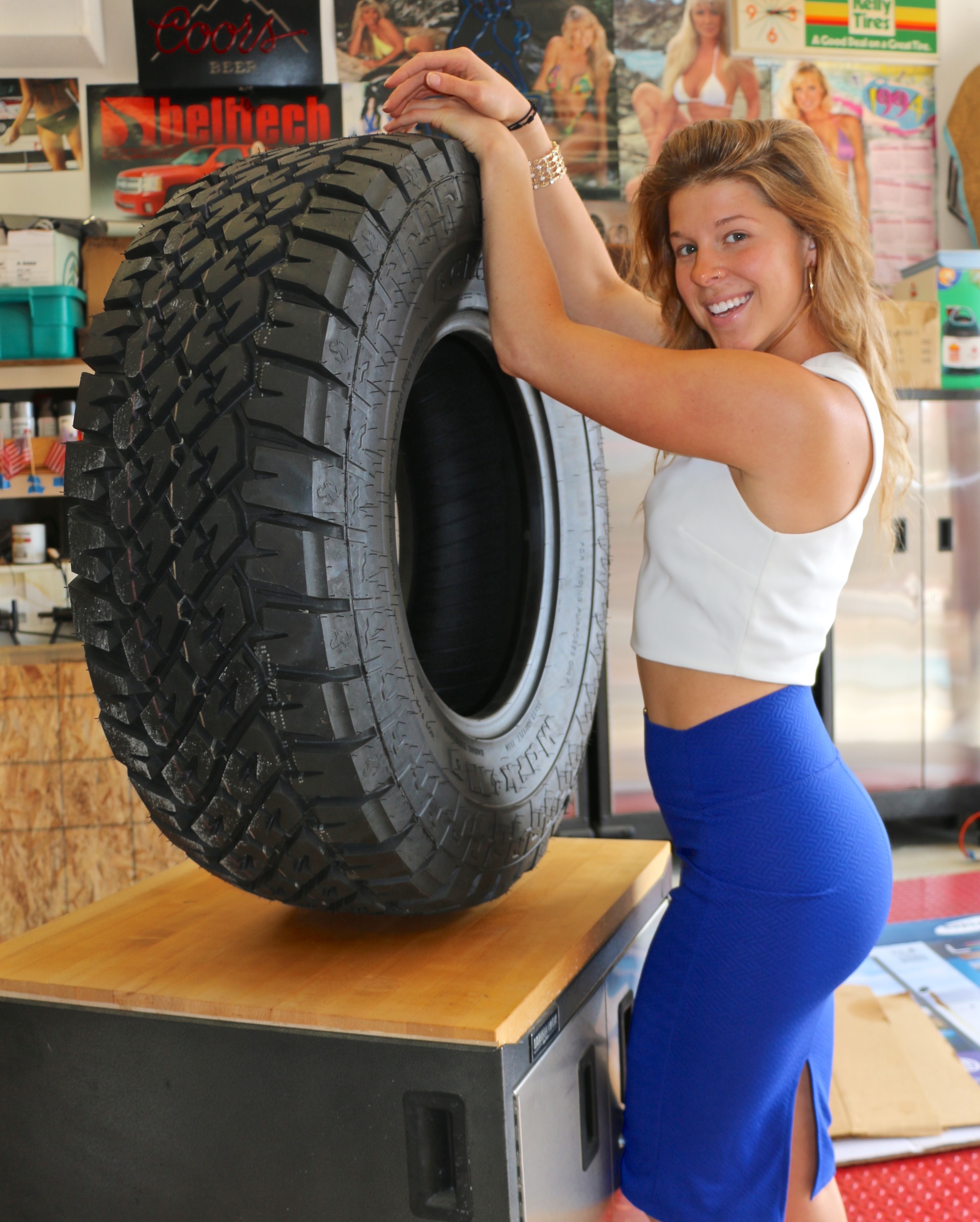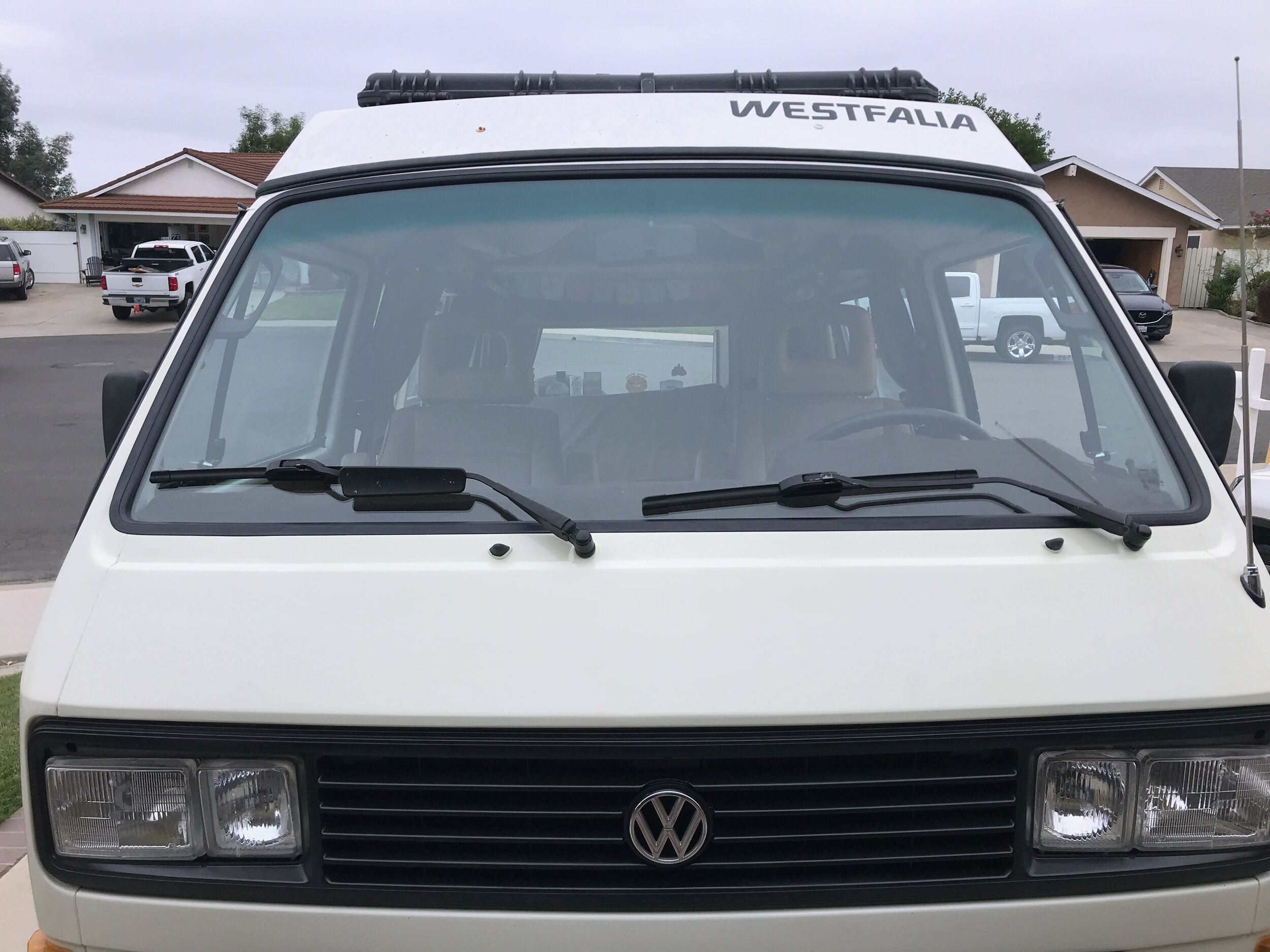Magic Hour of Photography
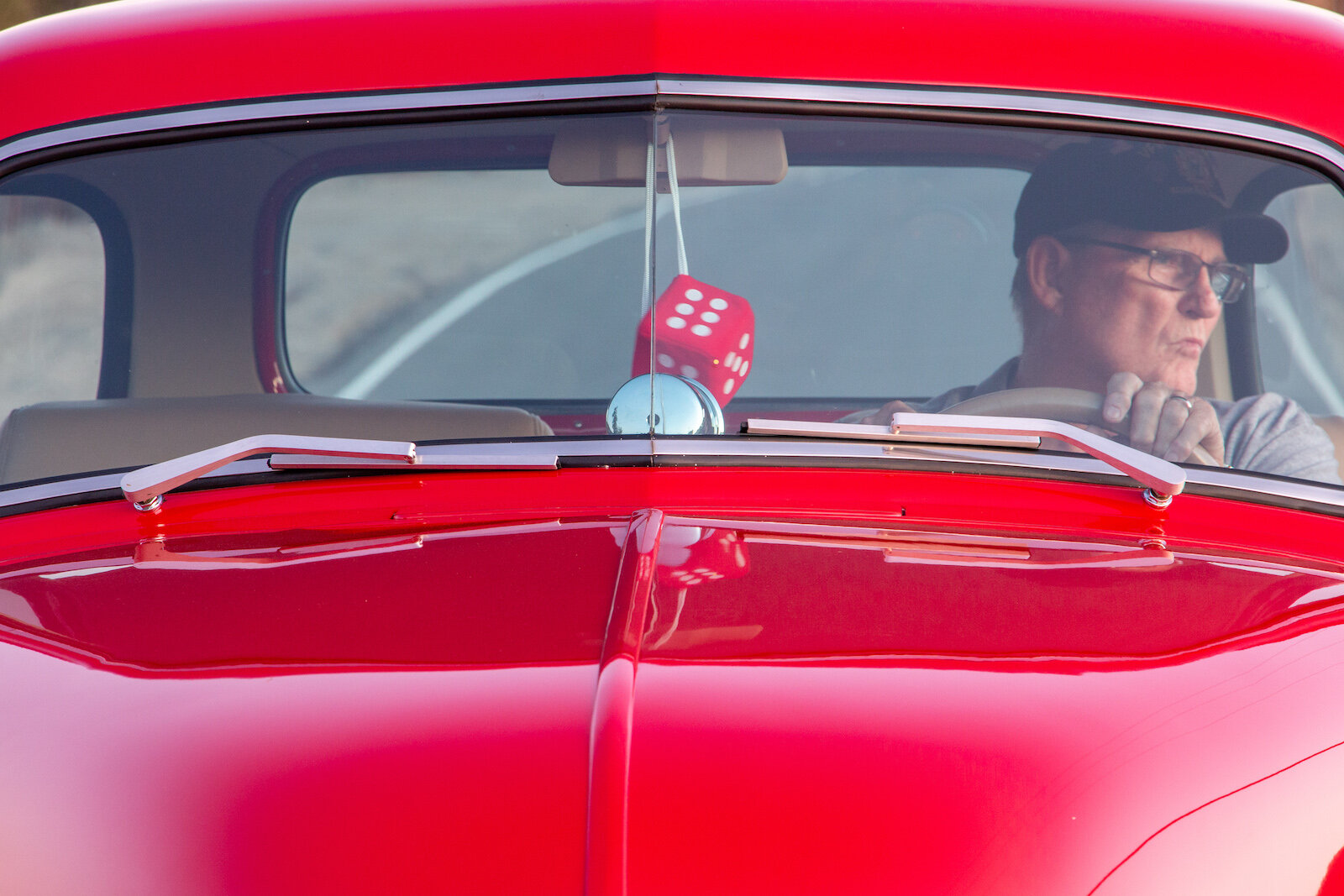
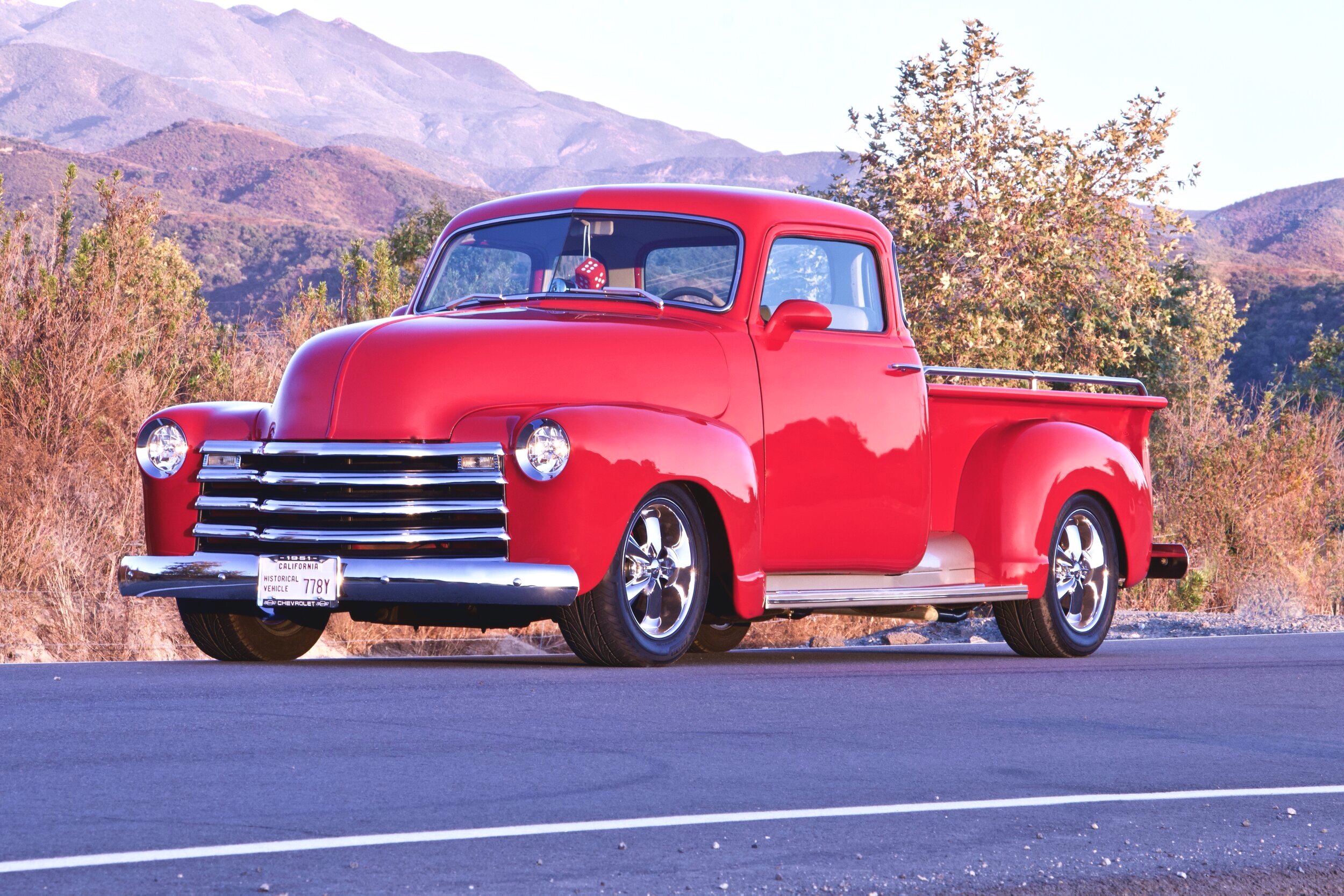
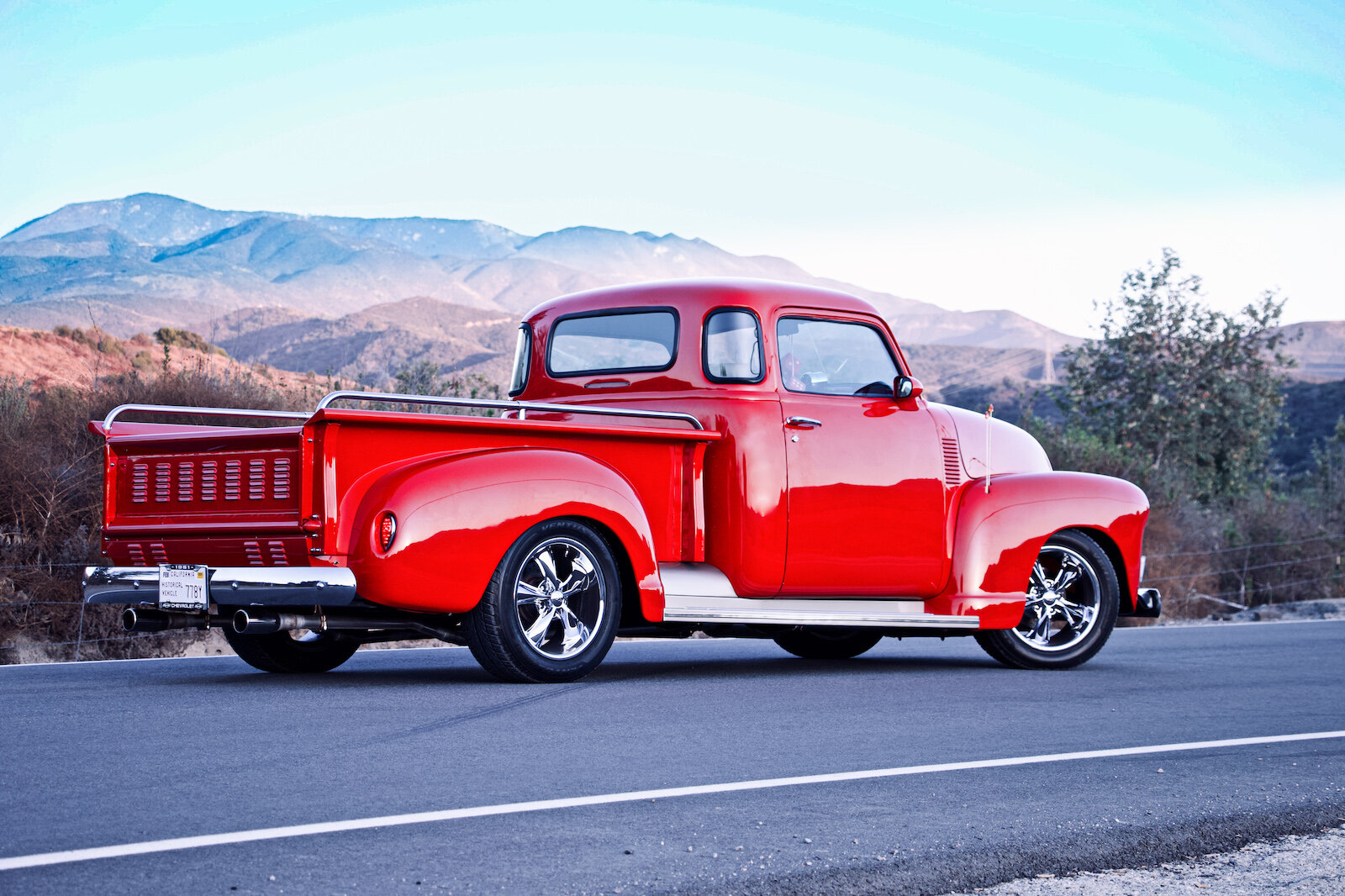
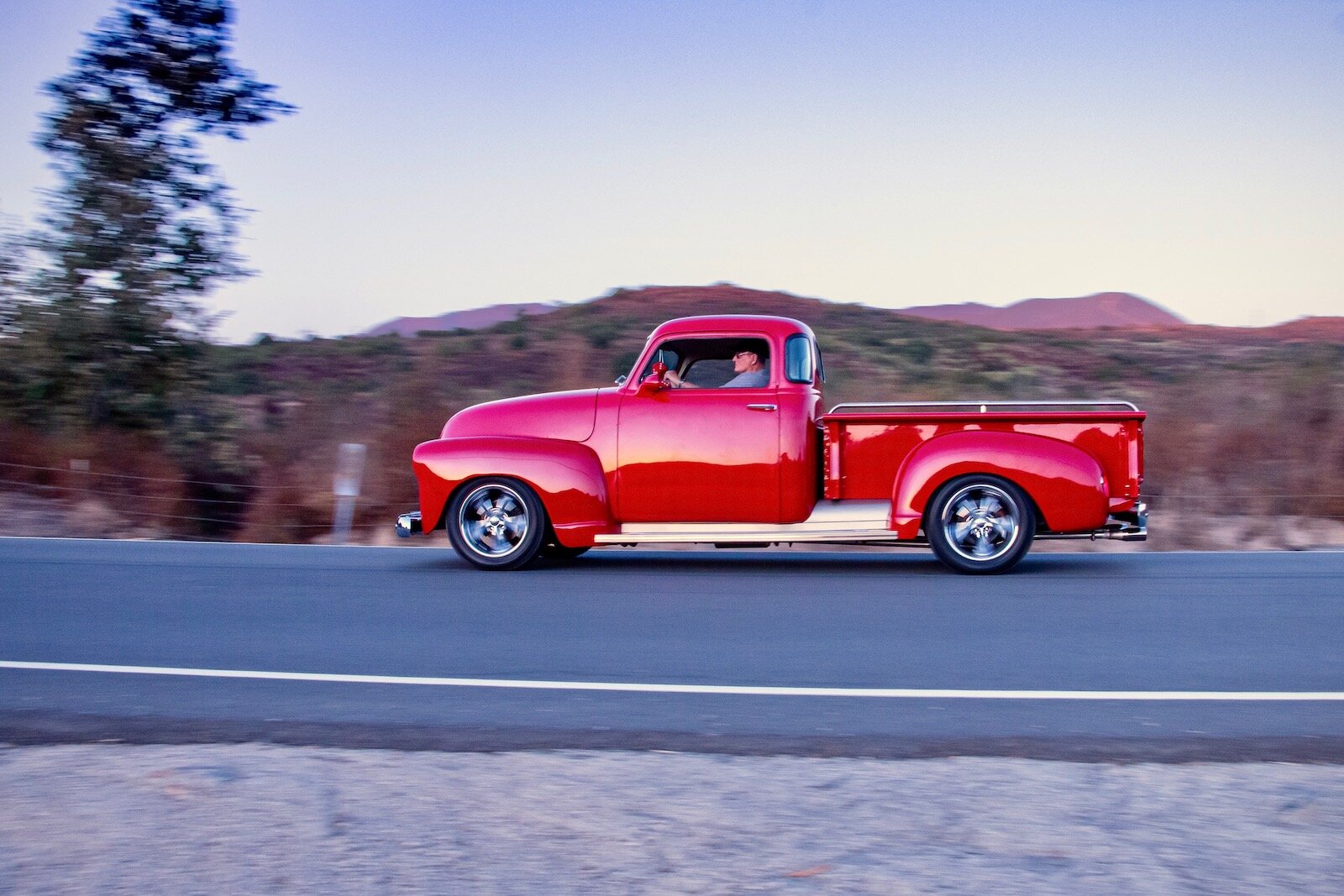
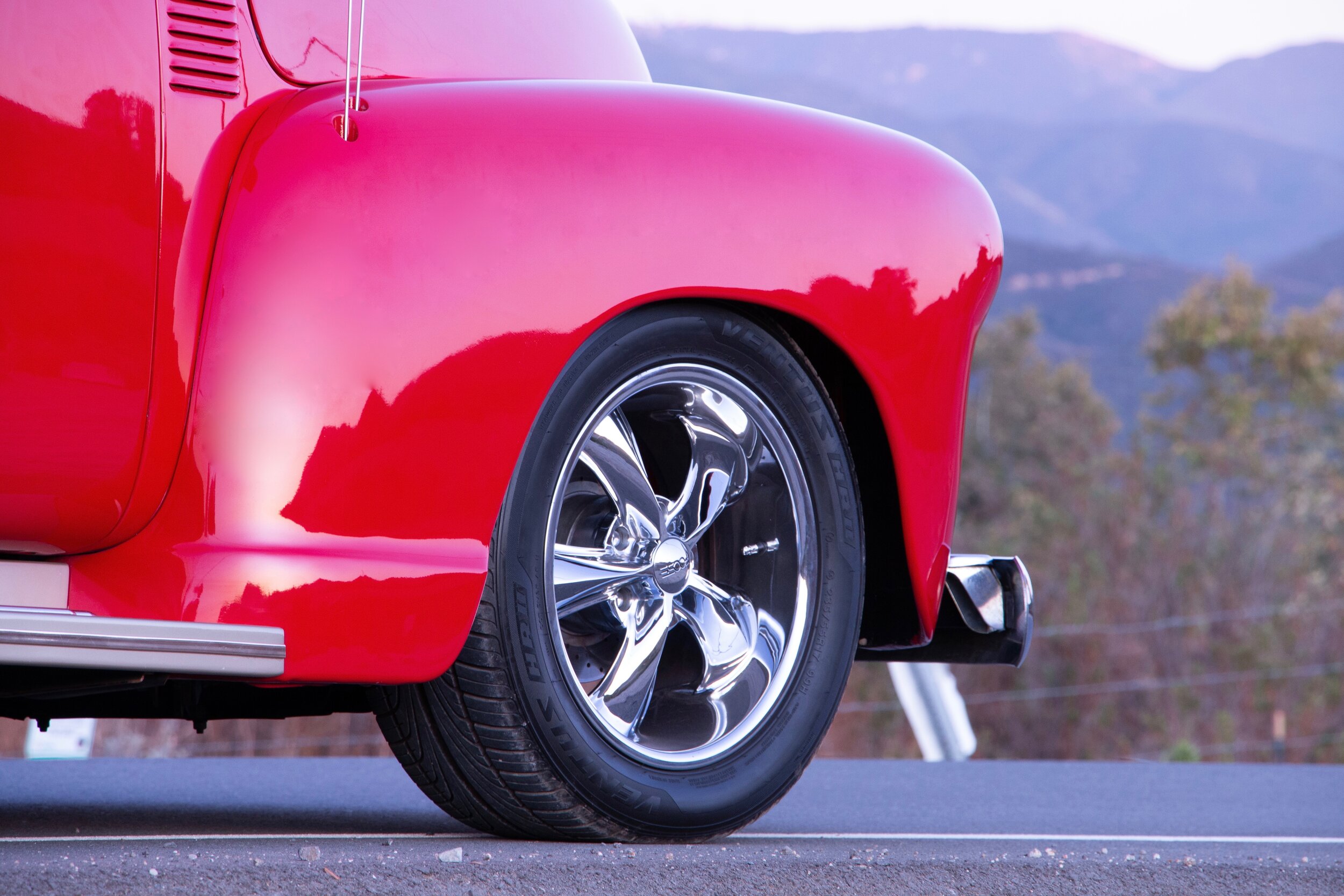





Overheard a couple of people talking the other day. They were discussing photography and light. Both were amateur photographers I think, but they had obviously been studying the afternoon skies. They knew that at a certain hour of the day, the light would be the best to take pictures. They were right!
There really is a magic hour, where the light in the sky is ideal for photographs of vehicles of any class.
While this magic hour doesn’t apply to every image we make, it does apply to shooting vehicles. As the sun sets in the West the light is at its best temperature for images, which is about 3,500 Kelvin.
The morning sunrise produces the coldest/bluish light and the mid-day sun produces the worst light for any image of a vehicle, where you are attempting to shoot details and vivid colors.
Besides, the shadows from the vehicle at any time other than sunset cause a major distraction in the eye of the viewer. Although, I admit some people don’t care, or they don’t see the issue with it. That’s cool. But every magazine feature I’ve shot with a vehicle was set up at sunset or sunrise. No self-respecting editor would ever accept anything but that type of lighting condition. Why?
Take a close look at the paint finish in the red truck I photographed. It’s nearly flawless. That’s because the light at sunset acts as a giant softbox. The only thing you have to concern yourself with is getting the exposure right under the vehicle, which is the darkest area.
Once you’ve dialed in your exposure and DOF then you’re ready to go. But be sure to shoot in Manual, not Auto. It’s critical to be able to dial in the exact exposure manually, not one that the camera selects. And, it must be shot off a tripod because as the sun sets at its lowest point, the aperture must stay open longer than normal. I’ve had exposures in excess of 30 seconds or more.
If you simply set up your gear and subject in an open space 15 minutes before sunset and start shooting until dark, your images will have the most vivid colors imaginable. No need to use #filters in post-production, although you may need to clean up the image with minor exposure adjustments using software like #Lightroom.
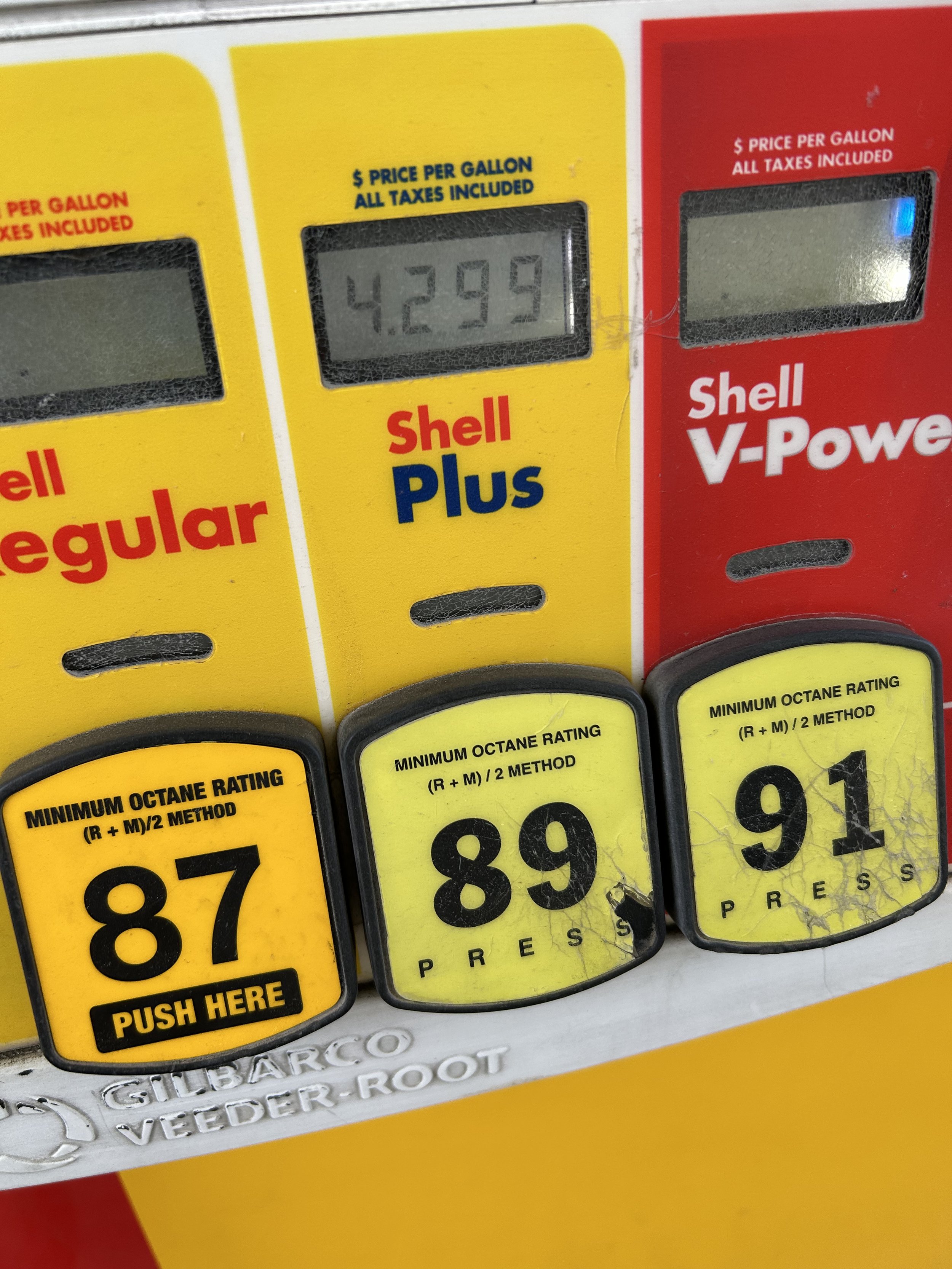
Subject Matter Experts. Specializing in content for automotive and outdoor projects.












